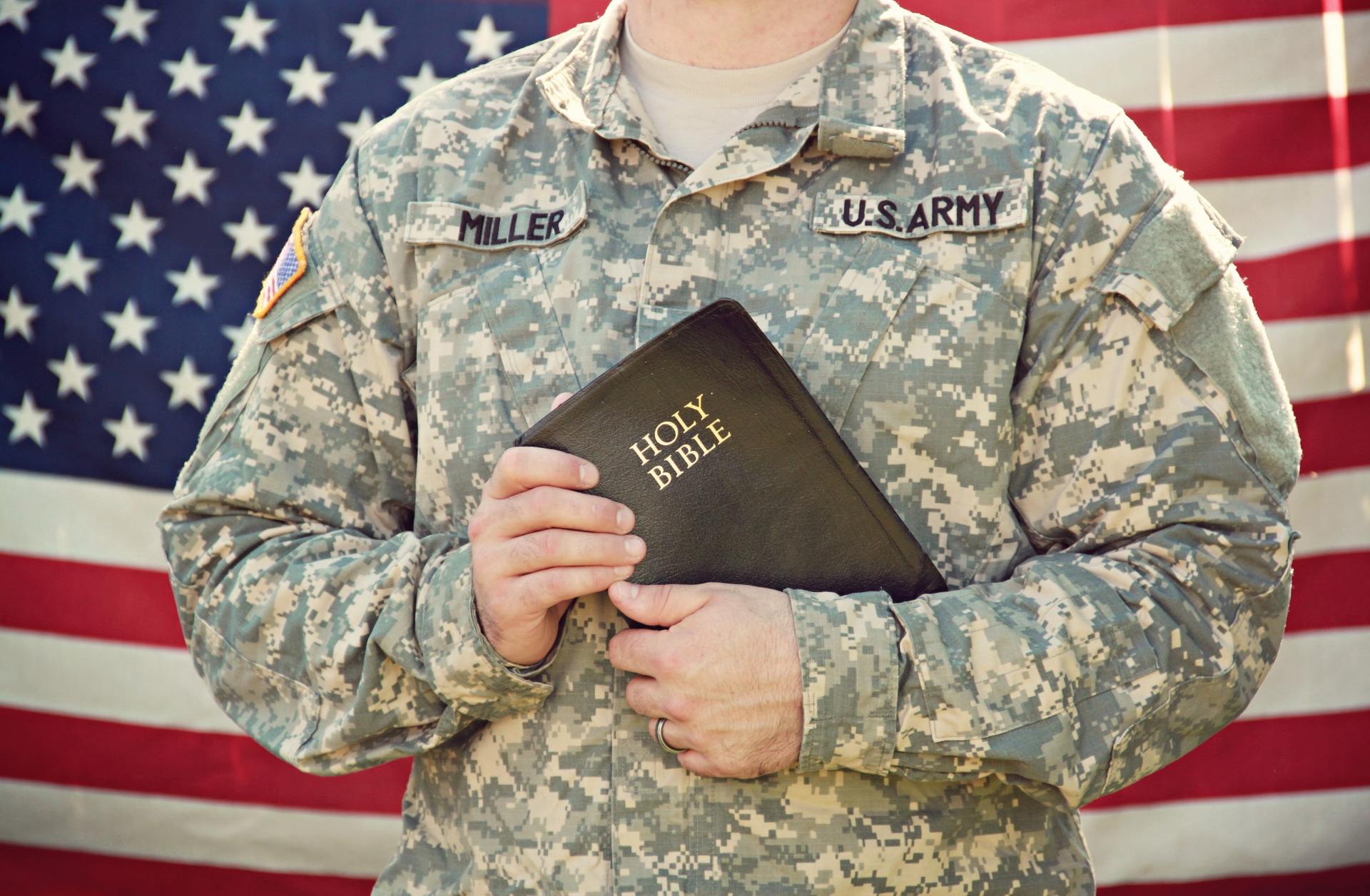Getting the word out.
Memorial Day
Occasional Sermons
Memorial Day

By Rebecca Clancy
•
May 30, 2022
As a pastor, I get asked quite a bit about the meaning of the cross. It’s a hard question. My father, who was a pastor before me and who is buried in these sacred grounds, devoted his whole life to the question. He tried to write a book about it, but he could never finish it. It was a hard question for him too, and he was a brilliant man. In fact, it has been a hard question for the Christian Church. The Christian Church down through the centuries has come up with four separate theories about the meaning of the cross, but all of them have holes in them. Even C.S. Lewis, when pressed on the question said that we Christians aren’t exactly sure how the cross works, but we’re just sure that it does. I think about the meaning of the cross a lot - when I wake up in the middle of the night; when I am out for a walk; when I feel the weight of my own sin. This much I think I can say for sure. Jesus bore his cross as a willing sacrifice. The New Testament makes that crystal clear. Jesus bore his cross as a willing sacrifice. He knew how badly he would suffer. The Romans made sure everyone knew that. He did it anyway. And there’s the thing. It would make no sense at all that he did if Jesus did not have faith in the ultimate goodness of being. So in a strange and mysterious and paradoxical way, you could even say that on the cross Jesus testified to the ultimate goodness of being. And he was vindicated. God resurrected him. The result was that God’s cause was advanced in history in a way it never was before and never will be again. Today is Memorial Day Sunday. We are called to remember and honor all of the soldiers who died on the field of battle. I am a student of World War II. I have been studying it pretty much my whole life. I will take it any way I can get it - histories, documentaries, biographies. There have been some fine dramatizations of it. My favorite is the miniseries Band of Brothers. If you haven’t seen it, I highly recommend it. I warn you though it’s very vivid. So vivid that I can’t watch parts of it. I have to cover my eyes. The toughest scenes to watch were of the fighting at Normandy, fighting done by men who were still boys, really - 18, 19 years old. They bore the brunt of a world war. And what I can’t even watch they had to live. If you think about it, those soldiers had something in common with Jesus. They made a willing sacrifice. And the suffered too, boy did they ever suffer. But it didn’t stop them. Though again, it would make no sense at all if they didn’t have faith in the ultimate goodness of being, and the reality and worth of freedom and equality and just peace. And the result, again, was that God’s cause was advanced in history. This makes those soldiers nothing less than Christ figures. Now they may not have believed as we believe. But it really doesn’t matter. God works through his own people to be sure, but he works too through people who are not his own. Think of Ruth the Moabite. Think of Cyrus of Persian. Think of the Roman Centurion. Think of the Samaritan or the Syro-Phoenician woman. Willing sacrifices made in faith in the ultimate goodness of being. It would appear to be the very mechanism of redemption. And friends, this all has application for us, if we want to be even remotely worthy of them. We are now called to make willing sacrifices in faith in the ultimate goodness of being in advancement of God’s cause in history. This means we don’t get to live lives of ease or complacency or aimlessness. This means we don’t get to hoard our time and resources. This means we don't get to take shortcuts through life, short cuts that, ironically, get us nowhere. All of that needs to be sacrificed. Instead we, need to enact our belief in the primacy of justice, the primacy of peace, the primacy of truth ,and above all the primacy of love. No matter what it costs us. Moses was dying. So he gathered the people around him. What were his dying words? What did he tell them? He told them that each and every day they had a choice. They could choose the way of blessing, or they could choose the way of curse. That's our choice too each and every day. We can choose the way of curse. We can deny the ultimate goodness of being and find no higher meaning than selfishness and hatred and cynicism and suspicion and fear, and in so doing make everything we touch all that much worse, or we can affirm the ultimate goodness of being and find higher meaning in everything, in every breath we take, and in so doing make everything we touch all that much better. Each and every day it’s our choice. Let us pray to God that our choice honors him, his son, and the fallen soldiers we gather here to remember. Amen.
Subscribe to be the first to know.
Contact Us
Thank you for contacting us.
We will get back to you as soon as possible.
We will get back to you as soon as possible.
Oops, there was an error sending your message.
Please try again later.
Please try again later.
Rebecca's Sermons | All Rights Reserved |
Created by Olive + Ash.
Managed by Olive Street Design.
